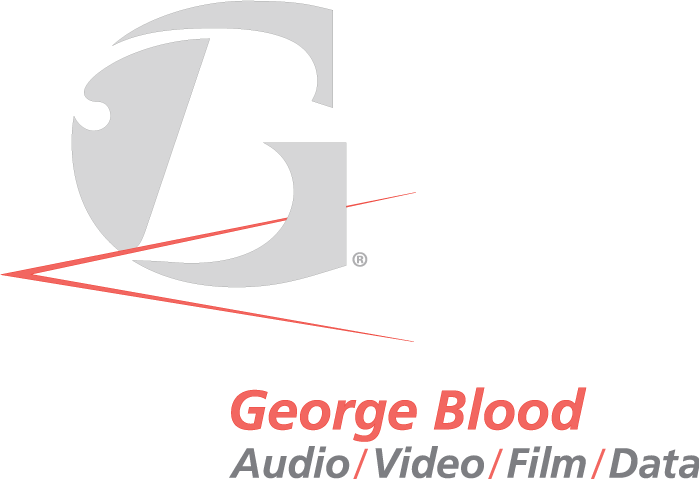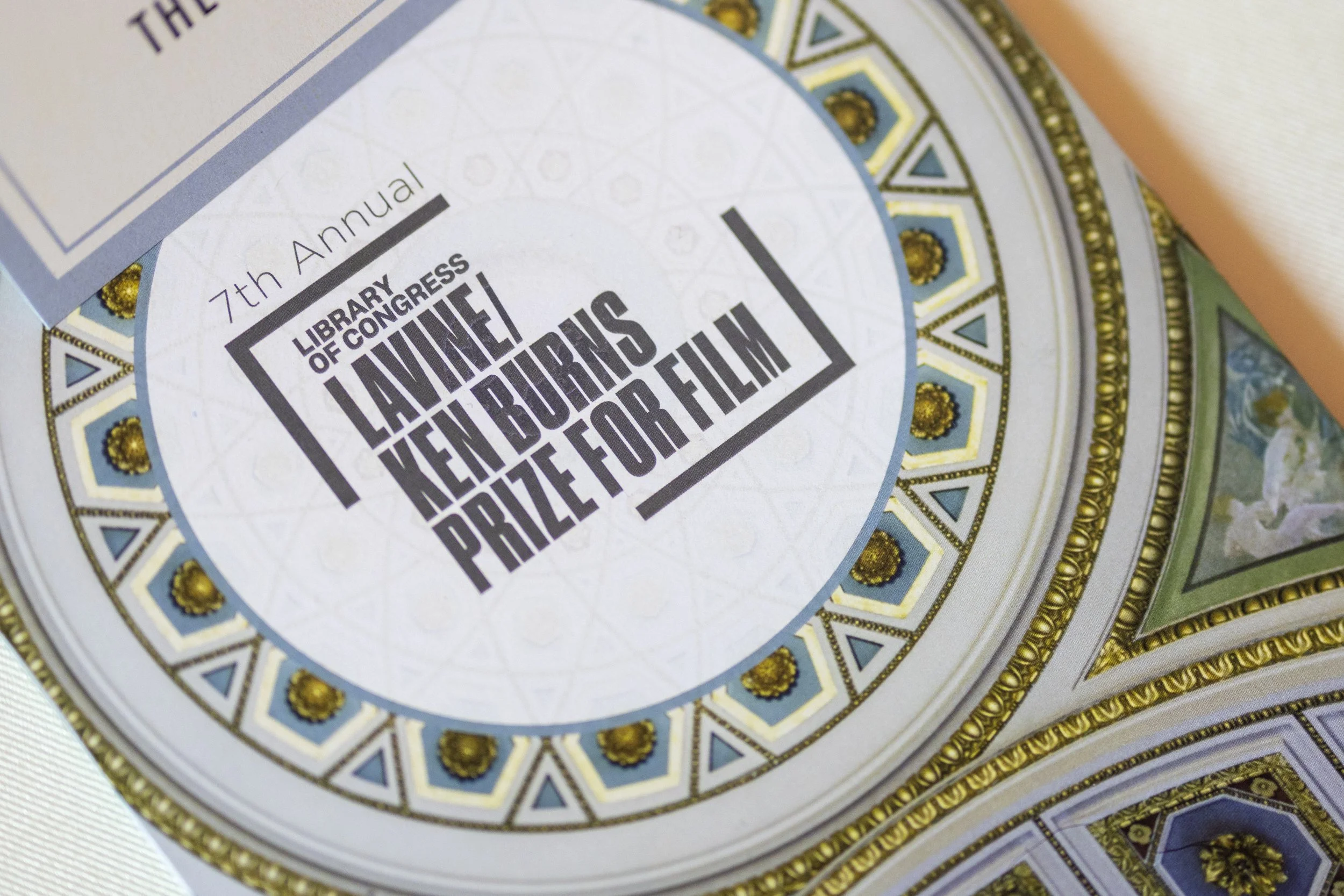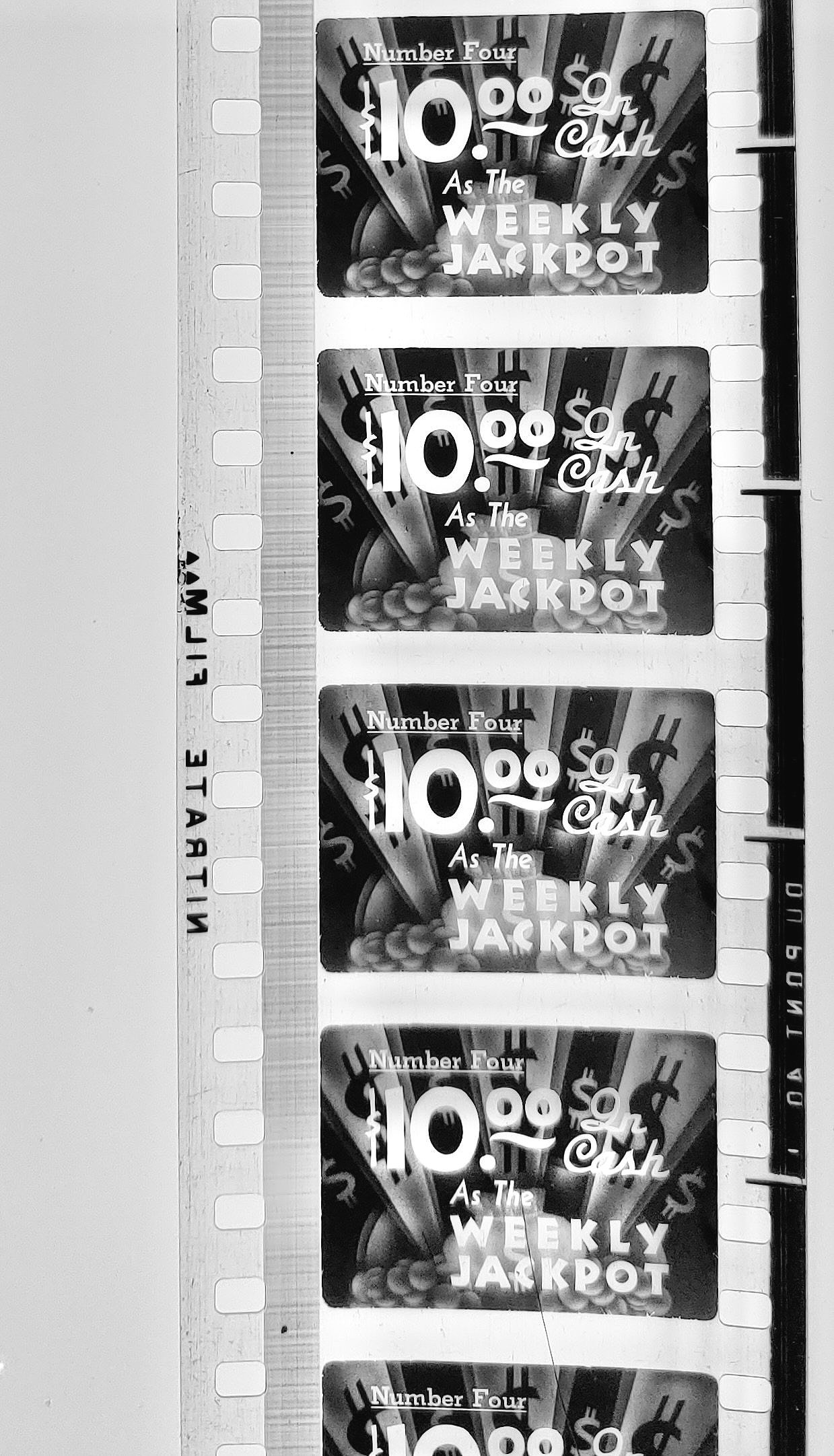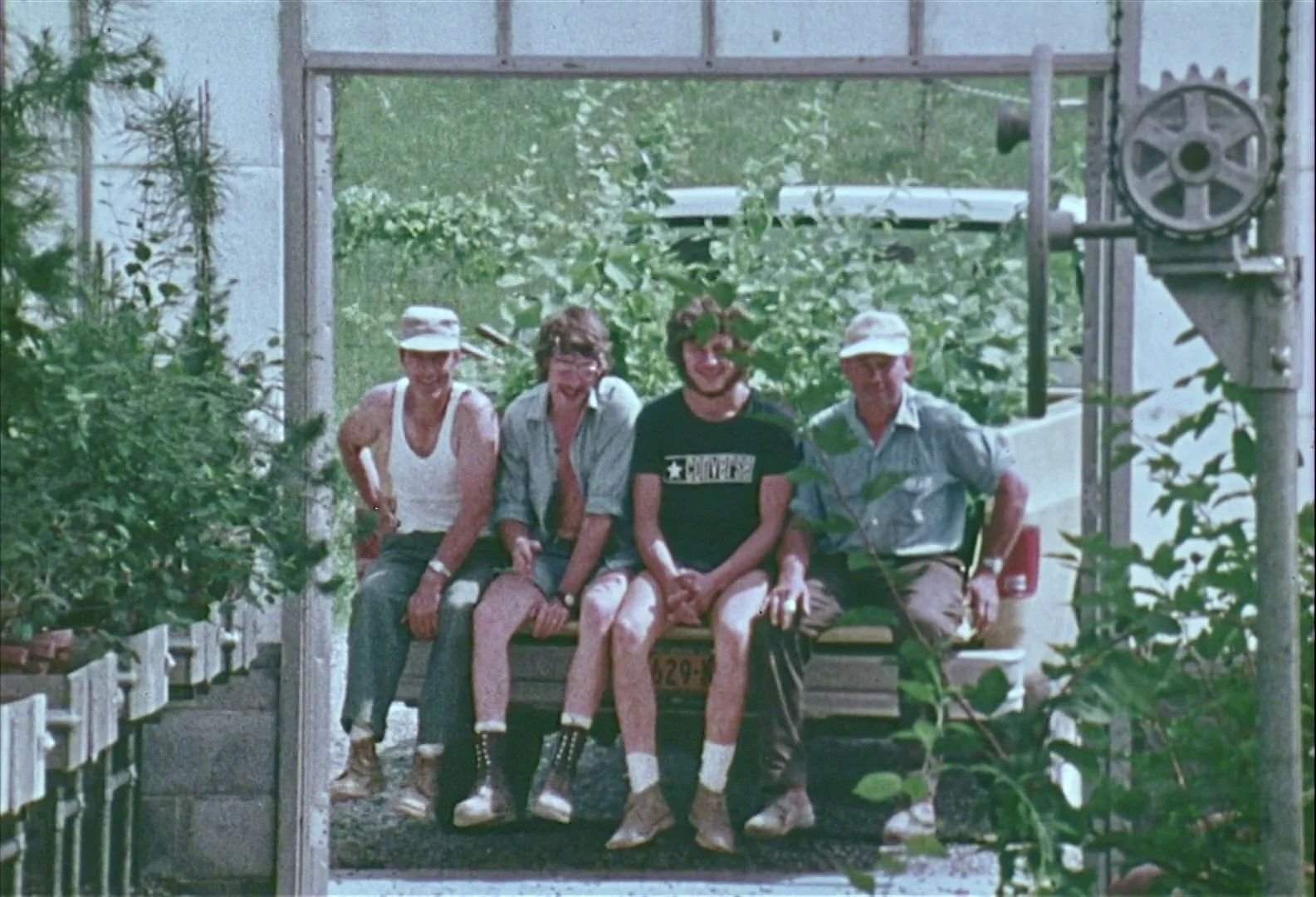AMERICAN PACHUCO: THE LEGEND OF LUIS VALDEZ directed by David Alvarado has won the 7th Annual Library of Congress Lavine/Ken Burns Prize for Film. We were lucky enough to digitize some film for this documentary! Congratulations David and his team! Read more about the film here.
Join us for an Open House October 17!
We invite librarians, archivists, engineers, movie buffs, collectors, scholars, and anyone interested to tour our 41,000 square foot facility and learn how we transfer audio, video, film and data to digital files. The event runs from 10:00 am to 3:00 pm.
Register here!
In addition to the tour, the Open House will include buffet lunch, discussions with our knowledgeable staff, and the opportunity to discover more about a time-based item from your collection.
Register by October 13 and email preservation@georgeblood.com with any questions!
March 28, 2025 - Nitrate Packing and Shipping Workshop!
In Spring 2025, we will be offering the workshop to be certified to pack and ship nitrate film that can be taken either in-person at our facility in Fort Washington, PA or virtually. Whether you are getting certified for the first time or for re-certification, this training is perfect for archive staff, film collectors, as well as those working in libraries, museums, and historical societies.
We're Hosting a Nitrate Packing and Shipping Workshop!
We are offering a more affordable and efficient method to be certified to pack and ship nitrate film than is otherwise available. Perfect for film collectors, as well as library, museum, historical society, digitization, and archive staff. Join us on Thursday February 23, 2023 whether for the first time or for re-certification.
A Philadelphia Legend Lost
Greenhouses and Solar Homes
Pre-War Philadelphia Recording Labs
From Rachmaninoff to Reel-to-Reel: A Rediscovered Performance
Our Film Department Has Grown!
In Memoriam: Jim Primosch
Goodbye, John…
It didn’t take me long to like John Spencer. This may seem a strange thing to say until you know that - at first glance at least - our businesses were competitors. A few days ago, I learned he died from COVID19. It really took the wind out of my sails that day. As it has with everyone I’ve shared this news.
The Arrival of our Endpoint Audio Cylinder Player
This week we welcome the arrival of our Endpoint Audio Cylinder player. Our fully equipped machine includes both stylus and optical playback of cylinders and Dictabelts, playback of Magnabelts, the anti-wow software, and the special dark field microscope for examination of media.
Nick Bergh delivered, installed and trained our staff on his precision equipment. It is the most significant advancement in real time playback of cylinders and Dictabelts in a generation, and the ONLY advance in Magnabelt reproduction since IBM stopped manufacturing the product.
A special delight was a visit from Ward Marston, one of the founders of the audio preservation profession. Ward brought two cylinders to test the machine’s limits- a 1965 cylinder of Birgit Nielsen, produced for the Metropolitan Opera Quiz, and a 6”, 150tpi cylinder in an unusual brown wax. We all delighted on the range of sonic qualities the Endpoint cylinder machine produces with different styli, the real time optical playback, and the quick and easy adjustments of centering, tracking angle, speed, and new possibilities with optical settings.
We join the Library of Congress, the National Library of the Czech Republic, the Swiss National Sound Archive and private collectors as the only facility in the world offering advanced, precision stylus and real time optical playback to individuals and institutions.
My Friend Charlie Churchman
Reflections on a Summer with George Blood Audio/Visual/Film/Data
George Blood Field Trip: ReCAP and Seeley G. Mudd Manuscript Library
Dirt and Mold and Palmitic Acid, Oh My! - A Handy Guide
George Blood Blog Post - The Essence of the Original
How to Pack Properly
5 Reasons Why Web-Accessible Archives are Important
We are living in a digital world, we all know it and there is no escaping it. As archivists, we can either get on board with the digital revolution or resist it. But where’s the fun in that? Online archival work has existed since the dawn of the internet, and it is the job of some archivists out there to help create web-accessible platforms for archival materials. Through online archival projects, archivists and curators can push the boundaries of what it means to preserve cultural artifacts and how the public interacts with them. While this process can seem daunting, here are a few reasons why web-accessible archives are excellent for archivists.
1. STORAGE SPACE: Who Needs It?
When we create web-accessible archives, folks do not need to have tons of available physical space in order to have tons of access to information. Through online platforms like the National Archives’ digital exhibitions, people can interact with the information and formats available to cultural institutions without the fuss of finding the actual room for all the physical materials.
2. Reduce Wear and Tear on Archival Objects
Can you imagine if the thousands of folks who interact with online materials were actually using the physical object? One of the drawbacks of non-digital media is that every time you play it, there is wear and tear. When the public has access to digital, public domain copies of media, they can enjoy the media without destroying it.
3. More Contributions to Archival Projects
With projects like The Internet Archive, people from across the world can contribute to this online space. While other cultural institutions are limited by storage space, distance, and scope of projects, iArchive allows for a potentially endless stream of contributions, and thus more of human history can be saved to the archive.
4. Materials Will Not Be Lost to Time
In endeavors like The Great 78 Project, materials that may have been lost or forgotten to time have a second chance at surviving with the internet. Although the original 78 may not be a viable option for replaying or storage, the online accessible 78 can be played on countless times.
5. More People Get to See and Learn From Materials
Archives, special collections, and museums have traditionally been accessible only to academics, students, or folks with enough money to get in. Online archives and special collections make it possible for more people to learn from materials and databases without the limitations of time and money. When we make it possible for more folks to interact with materials, we create an opportunity for more folks to get educated.












